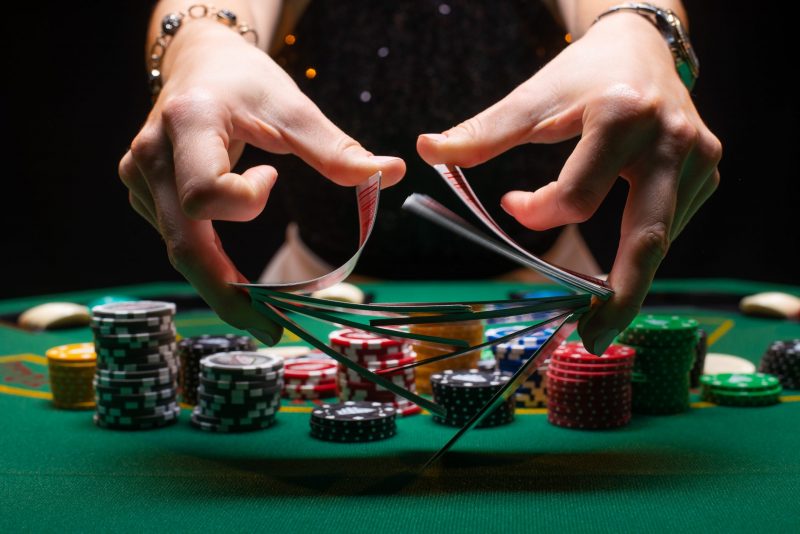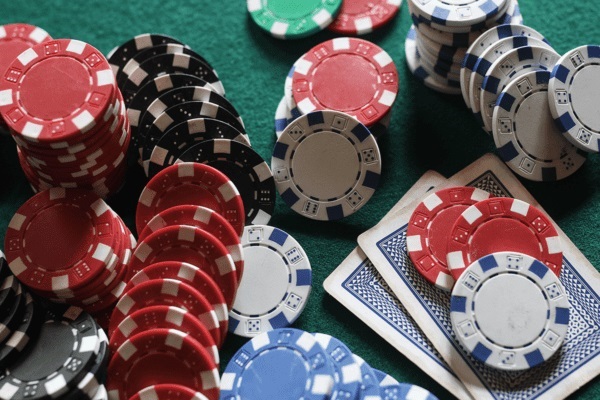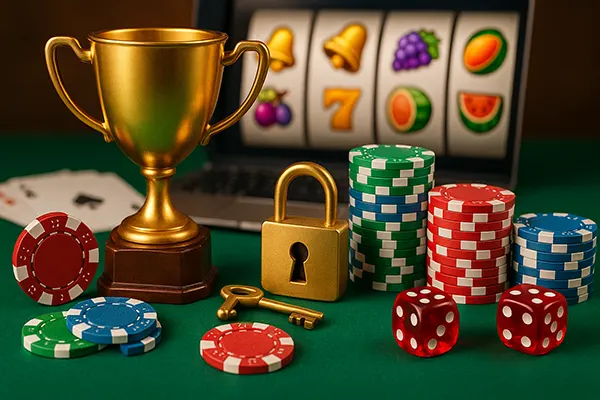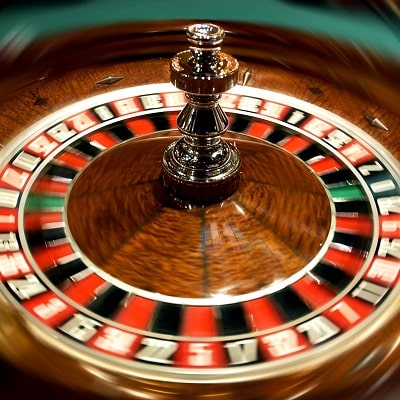The Strategic Game of Poker

Playing poker isn’t simply a game of chance. It’s a strategic battle, a mental contest played out on a felt-covered battlefield. Whether you’re a greenhorn on the cusp of your first hand or a seasoned pro looking to refine your approach, this guide aims to upgrade your game.
Poker, despite its seemingly complex array of hands and strategies, is about understanding basic principles. At its core, it’s a game of making the best decisions based on the available information. Remember, you’re not just playing the cards in your hand, but you’re also playing against the people around the table.
The Basics: Understand the Mathematics
First things first, poker is a game deeply rooted in probabilities and mathematics. Understanding the basic odds can make a significant difference. Knowing the chances of getting a particular hand or the probability of your hand winning given the community cards on the table can improve your decision-making process significantly.
However, remember that poker is not just about playing the odds. It’s also about reading your opponents and making educated guesses about their hands. It’s a blend of calculated risks and interpersonal understanding.
Learning from Mistakes: Reflection and Improvement
Everyone makes mistakes in poker. Even the world’s top players occasionally make blunders. The key to improving your game is learning from these errors. After each hand, especially ones where you lost, take a moment to reflect. What could you have done differently? What did you miss? By understanding where you went wrong, you can prevent similar mistakes in the future.
Moreover, don’t let your ego get in the way of your progress. There’s no shame in folding a bad hand, even if you’ve already put a lot of chips into the pot. Remember, a good poker player knows when to hold ’em, and knows when to fold ’em.

Reading Your Opponents: The Psychology of Poker
Poker is as much about understanding your opponents as it is about understanding the game. Reading ‘tells,’ subtle physical or behavioral signs given by players when they have a strong or weak hand, can be a game-changer. They might not always be as obvious as they are in the movies, but with practice and keen observation, you can learn to spot them.
Moreover, remember that poker is a game of deception. Sometimes, the best move is to convince your opponents that you have a different hand than you actually do. This is where bluffing comes into play. But use this strategy sparingly and wisely. A poorly-timed bluff can be disastrous, while a well-executed one can win you the pot even with a weak hand.
Practice Makes Perfect
Poker, like any other skill, requires practice to master. The more hands you play, the more situations you encounter, and the better your game will become. So get out there, shuffle up and deal, and remember, every hand is a learning opportunity. And, most importantly, poker is a game – so ensure you enjoy it! After all, the thrill of the gamble, the pleasure of a well-played hand, and the camaraderie around the table are what truly make poker the beloved game it is.



